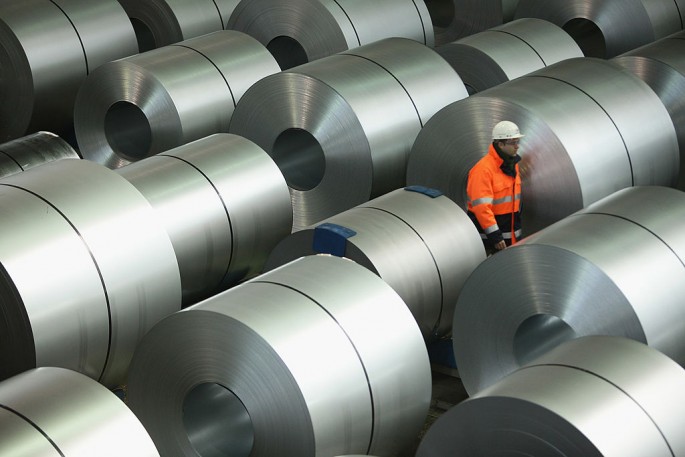Steel and coal companies that are not performing well can no longer take loans after Beijing ordered banks in the country to stop lending money to those that cannot compete in the global market.
According to the South China Morning Post, the financial regulators in China issued the instruction on Thursday in order to prevent the industry from getting bloated with the so-called "zombie" companies.
"Steel and coal industries are the main area where China is trying to slash capacity and the circular underlines the financial regulators' role in pushing forward the move," Industrial Bank Chief Economist Lu Zhengwei explained.
Lu also assured the SCMP that there would not be a problem with the resurgence of non-performing companies since the local governments as well as regulators are "taking a tough stance over driving out those companies on the verge of collapse."
According to China Daily, the instruction from the People's Bank of China, China Banking Regulatory Commission, China Securities Regulatory Commission, and China Insurance Regulatory Commission requires the lenders to demand reasonable capital requirements for steel and coal companies applying for financial support.
"Banks should help deal with corporate debts and non-performing assets through debt restructuring and bankruptcy liquidation and prevent isolated cases from growing into systemic and regional risks," the instruction stated.
China's latest move targets two problems at once: slashing down overcapacity in the steel and coal industries, and preventing the further advance of their debt problem.
This year, China saw 21 cases of default or delay in bond payments, based on The Wall Street Journal's count.
One of the most recent cases involved the Baoding Tianwei Group Co., an electrical-transformer manufacturer, which defaulted in payment of as much as 1.59 billion yuan ($244.8 million) worth of principal and interest, making it the first state-owned company to default.



























